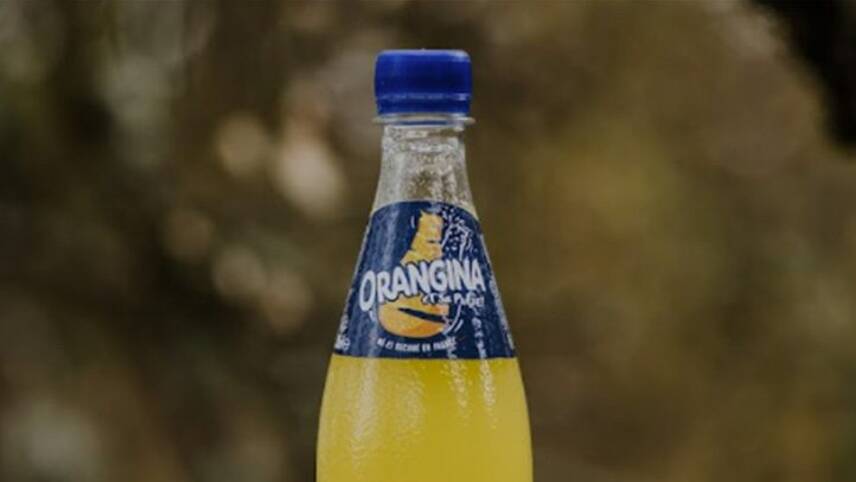Register for free and continue reading
Join our growing army of changemakers and get unlimited access to our premium content

Suntory, which owns brands such as Lucozade, Ribena and Orangina has today (3 December) unveiled a new prototype bottle consisting of 100% plant-based materials.
The bottle has been developed through a decade-long partnership with the US-based sustainable technology company Anellotech. While Suntory’s PET bottles are traditionally made using terephthalic acid (PTA) and mono ethylene glycol (MEG), the new prototypes consist of a plant-based paraxylene derived from wood chips, which has been converted to plant-based PTA, and pre-existing plant-based MEG made from molasses which Suntory has been using in its Suntory Tennensui brand in Japan since 2013.
Suntory is aiming to commercialise these bottles and they will be used for the Orangina brand in Europe and the Tennensui brand in Japan.
Suntory Beverage & Food Europe’s director of sustainability and external affairs, Michelle Norman, said: “Bringing plant-based plastics into the supply chain solves a major challenge for drinks companies. Due to the low availability of recycled plastic across Europe innovation like this will ensure that the demand for our much-loved drinks can be met in a sustainable way for future generations to come.”
Year of change
At the start of the year, edie spoke with Suntory’s Michelle Norman to revisit the company’s key climate and plastics milestones from 2020 and looking ahead to what this year will hold for corporate sustainability.
It’s fair to say a lot has happened since then. Suntory is one of the big-name brands that has been working with biotech and recycling innovation firm Carbios to develop a new recycling process for several years.
Carbios’ recycling method involves altering an enzyme naturally found in compost heaps to ensure that it can break down different kinds of polymers – chiefly PET – into monomers. These monomers can then be used to create new plastics. The company claims that its system is appropriate for PET of all colours and complexities and can break down 97% of plastics in 16 hours or less.
After some ten years’ of R&D to improve processing times and ensure that the resulting material is virgin quality and ready for application in new packaging, Carbios unveiled a demonstration plant this September. An industrial facility will then be launched by 2025, producing 40,000 tonnes of recycled plastic for use in the private sector annually.
Also earlier in the year, Suntory Beverage and Food GB&I confirmed a £6m investment to add new on-pack recycling prompts to drinks bottles, and to increase the sourcing of recycled content. Additionally, a redesign will reduce the size of the label.
For Lucozade Sport drinks, 100% recycled bottles and smaller sleeves will be added this year. A recyclable alternative to the silicon valve will then be added next year. For Lucozade Energy drinks, transparent sleeves are rolling out now, and a sleeve that is 50% smaller will be added next year.
Suntory Beverage and Food GB&I claim that the changes will mitigate the use of 3,500 tonnes of virgin plastic each year, while also reducing its annual carbon footprint by 9,000 tonnes. It also hopes that the on-pack recycling labels will increase awareness of the fact that the bottles can be recycled, and should be sorted into the clear plastics stream at UK recycling centres.
The firm is notably working to halve emissions by 2030 and reach net-zero emissions by 2050. On plastics, its aim is to ensure that all packaging is “completely sustainable” by the end of this decade. The company’s definition of “completely sustainable” covers full recyclability, high recycling rates and eliminating virgin fossil materials wherever possible.
Matt Mace


Please login or Register to leave a comment.